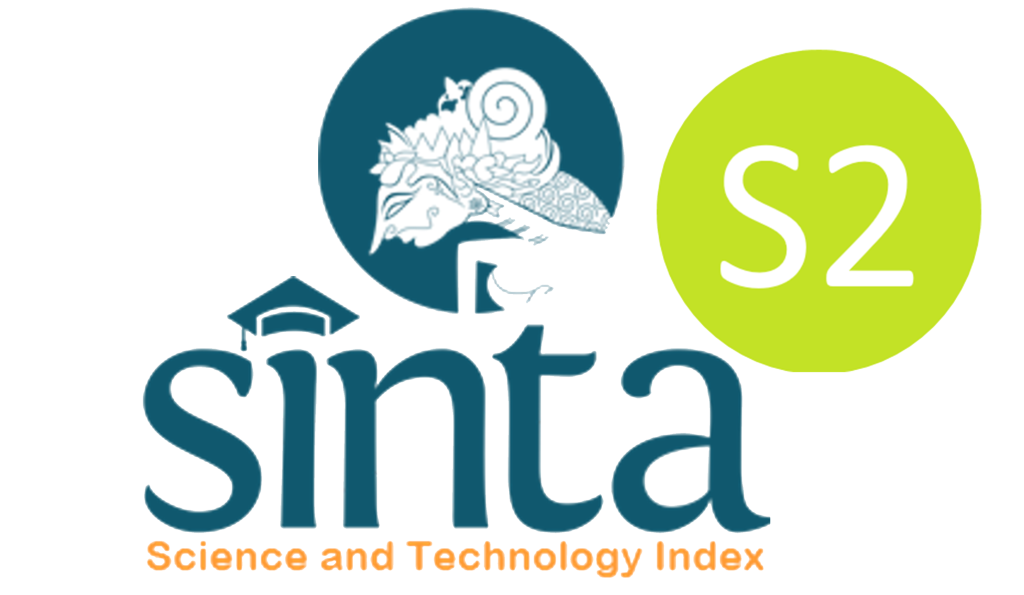PRACTICE OF IMPOSING CRIMINAL SENTENCES OUTSIDE THE PUBLIC PROSECUTOR'S INDICTMENT IN NARCOTICS CASES
DOI:
10.54443/ijerlas.v5i4.3143Published:
2025-06-05Downloads
Abstract
The establishment of the Criminal Procedure Code as a replacement for the HIR, raises hopes for a more humane criminal law enforcement, and can truly lead to the material truth of a criminal event. The Criminal Procedure Code has been running for more than 40 years, on the other hand the dynamics of human life continue to run so that it seems that the Criminal Procedure Code no longer answers the problems that arise today. In narcotics cases, situations are often found where the defendant is not charged with Article 127 of the Narcotics Law, but in the trial facts it is revealed that the defendant is purely a drug abuser. Meanwhile, Article 182 paragraph (4) of the Criminal Procedure Code requires the judge to impose a sentence according to the public prosecutor's indictment. To overcome this, a Circular Letter has been issued which allows judges to impose a sentence below the special minimum, and still decide according to the public prosecutor's indictment. However, in practice, namely the cassation decision Number 1832 K / Pid.Sus / 2023, it does not heed the provisions of Article 182 paragraph (4) of the Criminal Procedure Code, and the provisions of the Circular Letter, by imposing the defendant with Article 127 of the Narcotics Law, even though the article was not charged. This study aims to determine how the judge's considerations in imposing a sentence outside the indictment in the cassation decision Number 1832 K / Pid.Sus / 2023. This research is a normative legal research, the legal materials used in this study consist of primary, secondary, and tertiary. Based on the results of the study, it is known that the basis for the judge's considerations is the existence of jurisprudence that allows the judge to decide outside the indictment as long as the article applied is similar to the article charged, and the threat of punishment is lighter. The act of deciding outside the indictment is part of the judge's efforts to explore legal values, truth, and the benefits of law in order to realize justice.
Keywords:
Criminal Procedure Law, Indictment, NarcoticsReferences
Achmad Rifai. (2011). Penemuan Hukum oleh Hakim Dalam Perspektif Hukum Progresif, Jakarta: Sinar Grafika.
Andi Hamzah, (2019) Hukum Acara Pidana Indonesia, Jakarta: Sinar Grafika.
Badan Pembinaan Hukum Nasional. (2018). Laporan Hasil Penyelarasan Naskah Akademik Rancangan Undang-Undang Tentang Perubahan Atas Undang-Undang Nomor 35 Tahun 2009 Tentang Narkotika, Kementerian Hukum dan HAM RI, tersedia dari https://bphn.go.id/data/documents/na_narkotika.pdf, (Diakses pada 17 November 2024).
Bryan A. Garnerm. Black’s Law Dictionary. Toronto: Thomson Reuters.
Indra Rahmatullah, (2021), “Filsafat Realisme Hukum (Legal Realism): Konsep dan Aktualisasinya dalam Hukum Bisnis di Indonesia”, Jurnal Adalah: Buletin Hukum dan Keadilan 5(5). 1-14 doi: 10.15408/adalah.v5i3.21395.
Jihan Sukmawati Dartu, dan Abdul Ficar Hadjar. (2024) Putusan Tindak Pidana Narkotika Yang Diputus Diluar Dari Dakwaan Penuntut Umum, Jurnal Reformasi Hukum Trisaksti, 6(1).
Komariah Emong Sapardjaja. (2015). Kajian dan Catatan Hukum Atas Putusan Pra-Peradilan Nomor 04/Pid.Prap/2015/PN. Jkt. Sel Tertanggal 16 Februari 2015 Pada Kasus Budi Gunawan : Sebuah Analisis Kritis. Padjadjaran Jurnal Ilmu Hukum. 2(1). 14-26. doi: 10.22304/pjih.v2n1.a2.
Nichole McCarthy, 2023, Legal Realism, https://www.law.cornell.edu/wex/legal_realism, (15 Juli 2024).
Nys. Arfa. (2019). Sosialisasi Tentang Bahaya Narkotika Di Kalangan Sekolah Dasar di Kecamatan Danau Teluk Kota Jambi. Jurnal Karya Abdi Masyarakat. 3(2). 211-223. doi:10.22437/jkam.v3i2.8486.
Tristam P. Moeliono, dan Widati Wulandari. (2015). Asas Legalitas dalam Hukum Acara Pidana: Kritikan terhadap Putusan MK tentang Praperadilan, Jurnal Hukum Ius Quia Iustum 4(22), 594 – 616. doi: 10.20885/iustum.vol22.iss4.art4.
Wilson Bugner F. Pasaribu, Syafruddin Kalo, Madiasa Ablisar, dkk., (2024) Legal Implications In The Implementation of Rehabilitation Assessment For Narcotics Abuse Addicts, RGSA –Revista de Gestão Social e Ambiental 18(4), 1-15, doi:10.24857/rgsa.v18n4-068.
License
Copyright (c) 2025 Muhammad Haykal, Milda Istiqomah

This work is licensed under a Creative Commons Attribution 4.0 International License.









